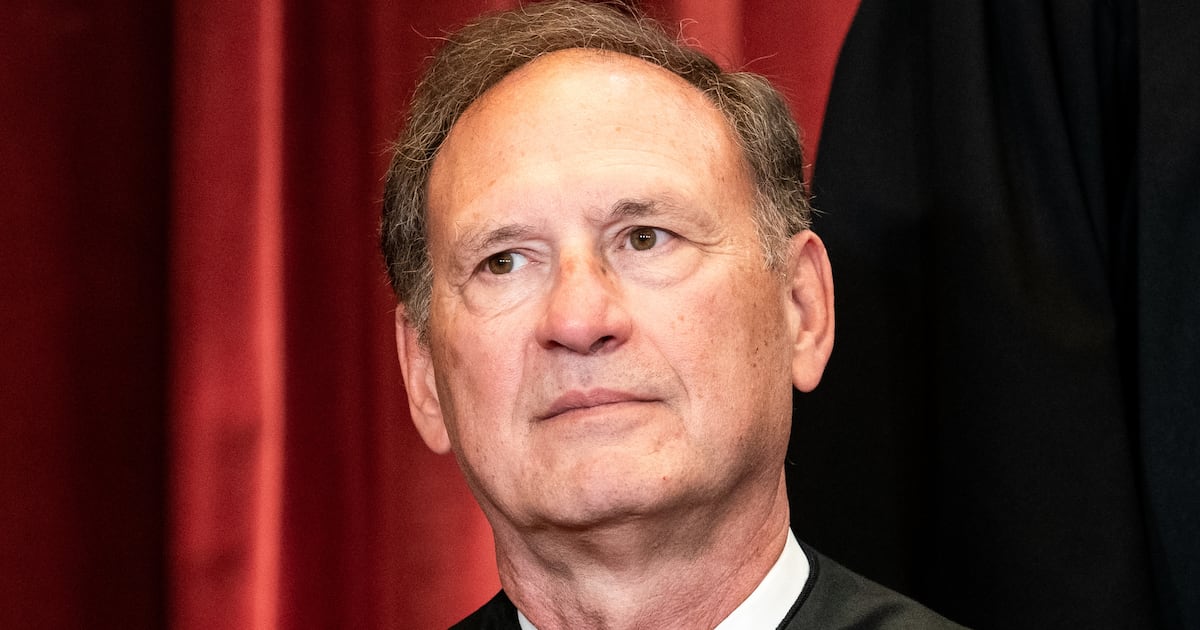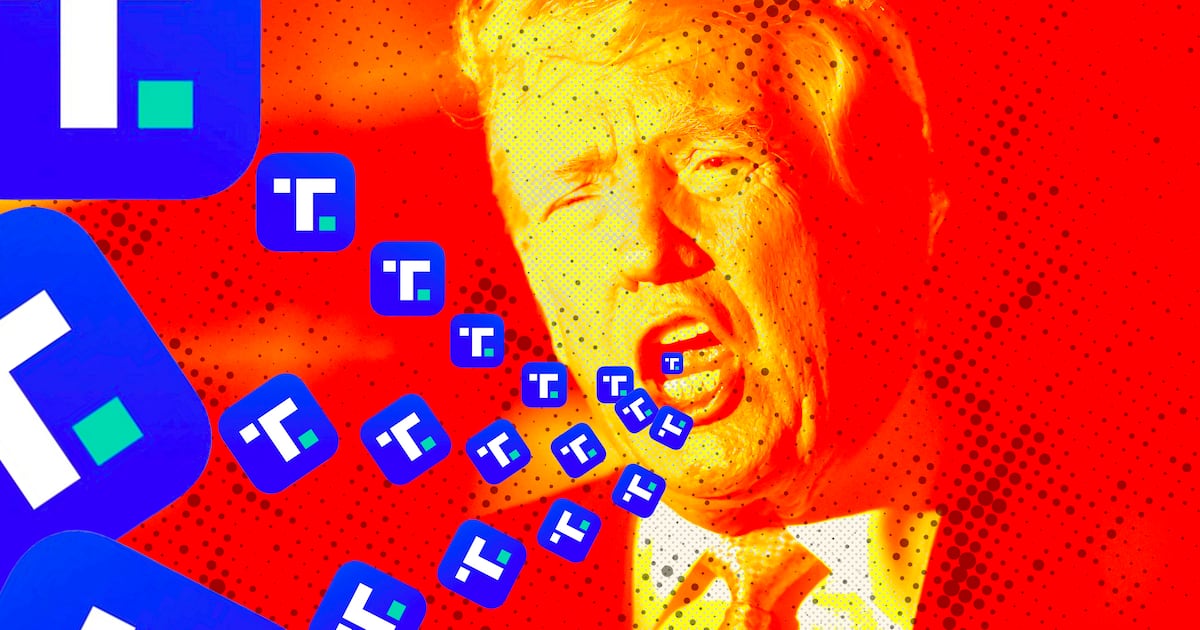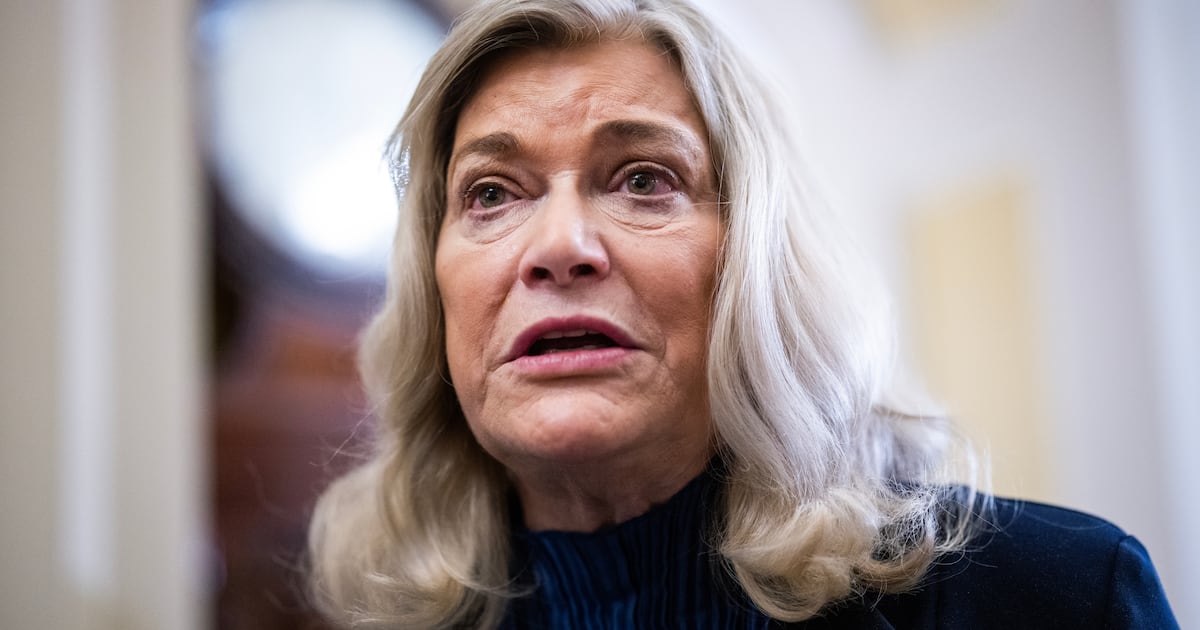This week, Lena Dunham attacked Spanish magazine Tentaciones for taking “mad Photoshop” liberties with an image of her on its cover, insisting in an Instagram post that “this is not what my body has ever looked like or will ever look like.”
Fans and media outlets cheered Dunham for “calling out” the magazine’s decision to feature an unrealistic portrayal of the Girls creator and feminist activist—only to learn that Tentaciones had not airbrushed the image at all.
In an open letter to Dunham, the magazine pointed out that the photo “was previously approved by the agency, the photographer, and your publicist.” Beyond cropping the image to fit its cover format, Tentaciones had not altered the photo since it ran in a 2013 Entertainment Weekly feature of Dunham, shot by Ruven Afanador.
This faux-controversy has since played out in a most bizarre way, with Dunham issuing a non-apology to Tentaciones on Instagram with the ultimate straw man argument, suggesting the photo was likely Photoshopped in its original iteration. And she’s not OK with that.
“It’s a weird feeling to see a photo and not know if it’s your own body anymore (and I’m pretty sure that will never be my thigh width but I honestly can’t tell what’s been slimmed and what hasn’t.),” she wrote. “I’m not blaming anyone (y’know, except society at large.)”
In her Instagram post, Dunham said she was “sorry to make you the problem, you cool Spanish magazine you,” and then launched into a debate with herself—a jumble of contradictions—about why her reflexive discomfort with the image had caused her to rush to judgment.
“I have a long and complicated history with retouching,” Dunham wrote. “I wanna live in this wild world and play the game and get my work seen, and I also want to be honest about who I am and what I stand for.
“Maybe it’s turning 30. Maybe it’s seeing my candidate of choice [Hillary Clinton] get bashed as much for having a normal woman’s body as she is for her policies. Maybe it’s getting sick and realizing ALL that matters is that this body work, not that it be milky white and slim. But I want something different now…Time to get to the bottom of this in a bigger way. Time to walk the talk.”
In short: Dunham is no longer comfortable with being Photoshopped, as she said she was in 2014 when Vogue ran a cover feature of her.
That time, Jezebel cooked up the faux-controversy, paying some Condé Nast employee $10,000 for pre-Photoshopped images of Dunham by famed photographer Annie Leibovitz.
It was a tasteless stunt that victimized and infantilized Dunham, as though she were an unwitting participant in anti-feminist propaganda. After all, Dunham was a “real” woman and a crusader for other “real” women’s bodies. How dare Vogue smooth and retouch photos of the Girls creator?
Funnily enough, Dunham—a woman famous for liking her body just as it is—decided she was totally cool with the Vogue spread.
“I don’t understand why, Photoshop or no, having a woman who is different than the typical Vogue cover girl, could be a bad thing,” she told Slate. “Vogue isn’t the place that we go to look at realistic women, Vogue is the place that we go to look at beautiful clothes and fancy places and escapism and so I feel like if the story reflects me…what’s the problem? If they want to see what I really look like, go watch the show that I make every single week.”
Just like that, she flipped the feminist narrative from victimizing to empowering. Even if Vogue had airbrushed the photos (as they do with every fashion spread), Dunham was still in control.
For someone who has consistently made her body a key component of her work—from exposing herself on Girls to championing body positivity and women’s reproductive rights as a feminist activist—you’d think Dunham might expect that people will scrutinize her body.
Her “long and complicated history with retouching” is an excuse for wrongly condemning Tentaciones, though—charitably—one could posit that Dunham’s contradictory opinions about Photoshop represent women’s own contradictory visions of themselves in a body image-obsessed culture.
But if Dunham continues to make her complicated relationship with her body central to her art and activism, she should expect that the public will also have a complicated relationship with her body—for good and bad.
Dunham could have gracefully apologized to Tentaciones and left it at that. Instead, she spun her wheels and redirected the conversation back to women’s bodies—“normal women’s bodies,” because only one body type can be “normal”—and blamed “society” for her body image issues.
Much like her response to the Vogue Photoshop incident, Dunham’s Instagram post was an attempt to regain control of the narrative and assert her views as a feminist. This time, however, she chose victimhood over empowerment—a bad look on any body.






